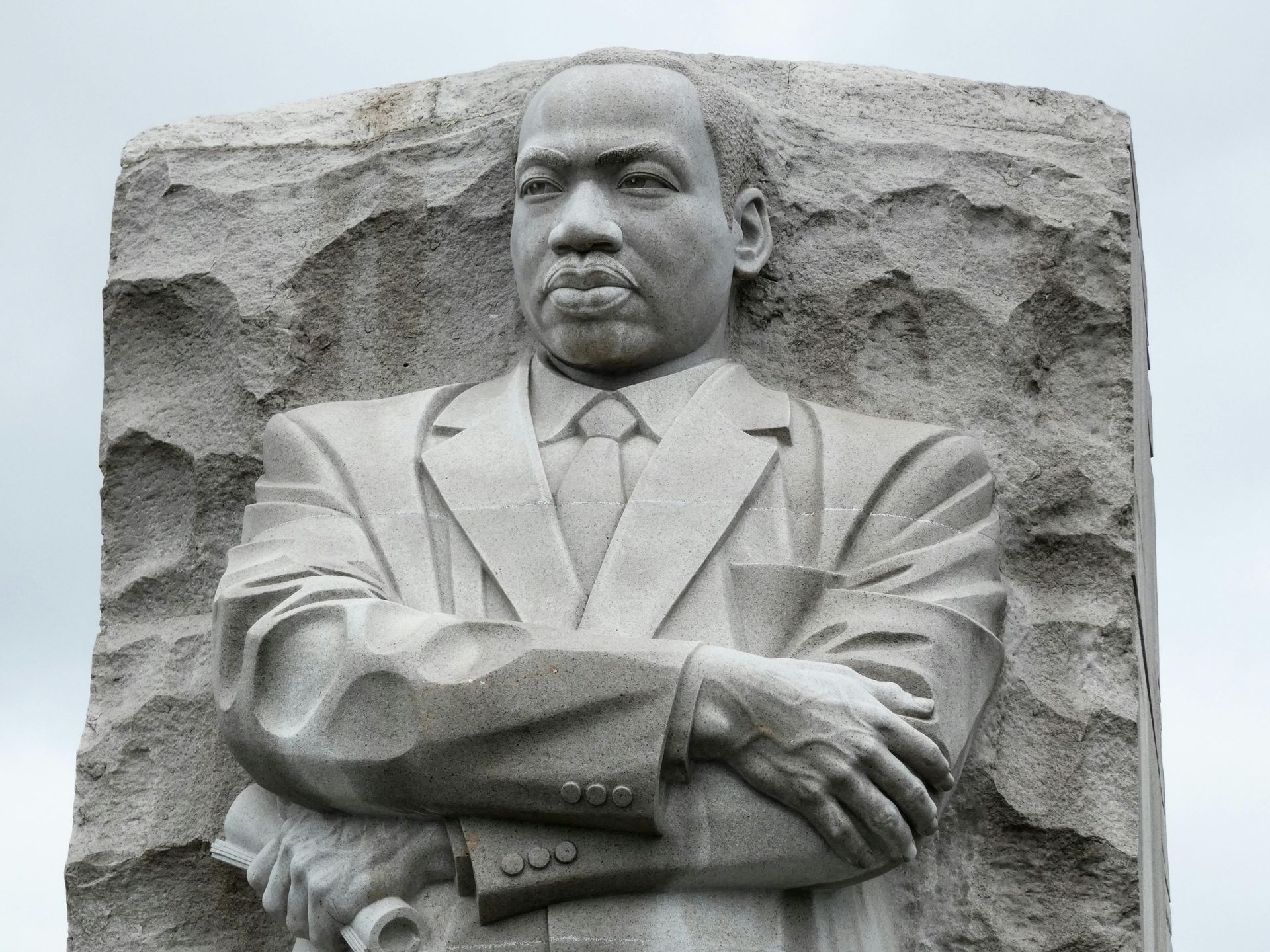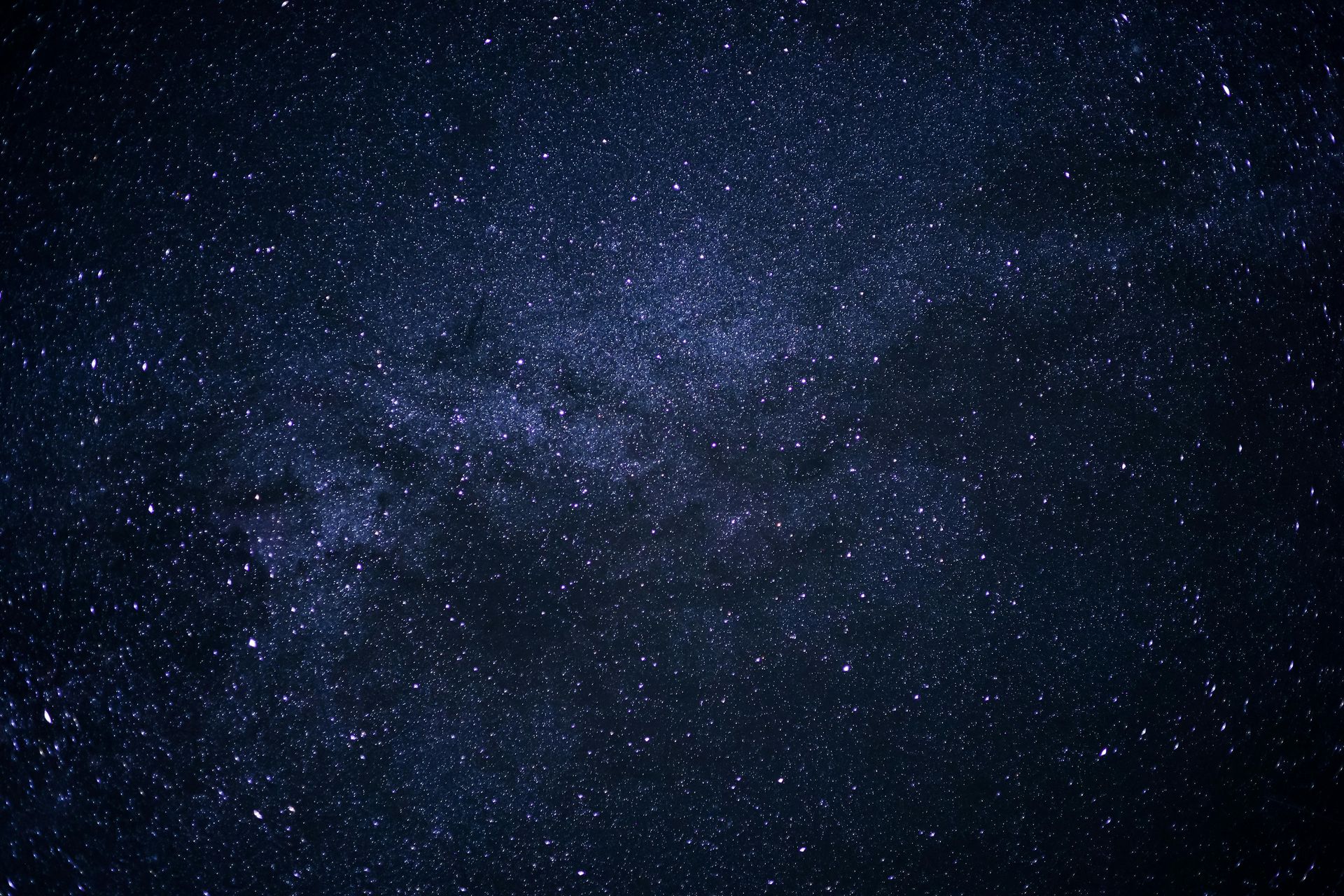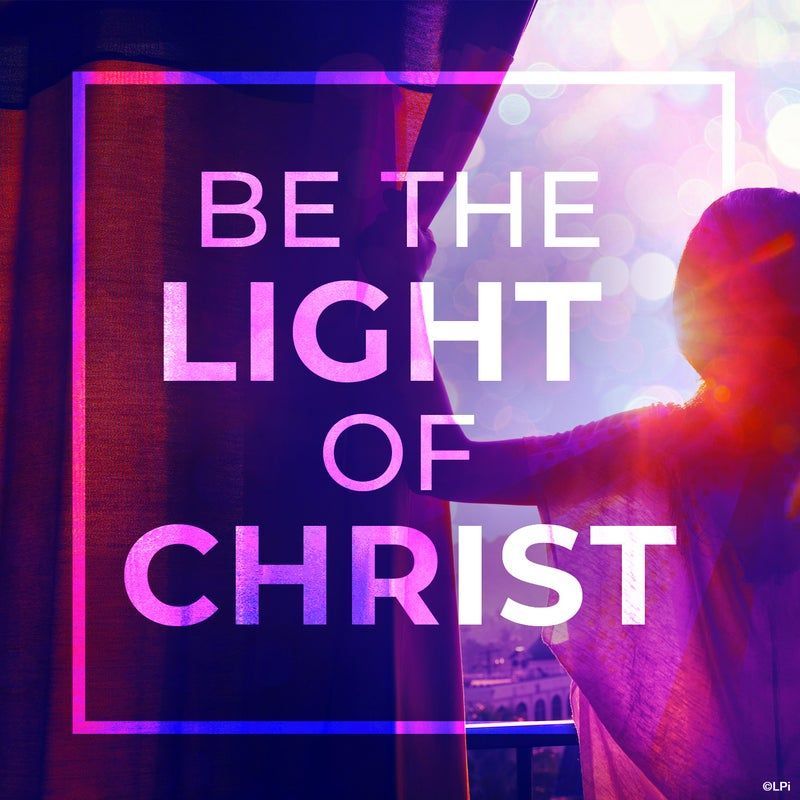19th Sunday B August 11, 2024
19 th Sunday B
August 11, 2024
Today I find myself thinking about Raymond’s mom. In the series Everyone Loves Raymond , whenever someone comes into his mom’s house, she says, “Are you hungry dear?” Even if you answer no, she says, “I’ll make you a plate.”
When the prophet Elijah was down God sent him an angel to feed him. Elijah has good reason to be down. He just defeated the priests of Baal and now Queen Jezebel wants him dead.
The angel of the Lord knew enough to feed Elijah. He will do better on a full stomach. Just like Raymond’s mom. He needed to be given food. After Elijah ate, he could get up and go climb a mountain where he heard the voice of God speaking to him in a still small voice.
When I get down. I find myself looking for something to eat or someone to offer me a cup of coffee. In time I feel better, and I go to face what ever challenge God has placed before me. The one who feeds me or sits with me as I eat and drink, is like the angel who cared for Elijah. After a time I feel better and I can get up and face what I need to face.
The angels in my life bring me “Powder Milk Biscuits” (the long-time sponsor of A Prairie Home Companion ). “Powder Milk Biscuits give shy people the courage to do what needs to be done.”
How often do I meet people over lunch or coffee, and we seem to accomplish what we need to accomplish. When I feel at the end of my rope, that is when I am reminded that I am not in charge, God is in charge. When God asks me to do one more thing, God provides me the help I need.
Elijah is in the desert when God sends him an angel to minster to him. We have all have desert moments in our lives. We may consider who are the angels who God sends us to help us out. We may want to look for the angels; they may not be readily apparent to us. When we are in the desert it may be hard to see who an angel to us. We may wait and be frozen.
I am reminded of the play Waiting for Godot. After waiting in vain for Godot, the two hobos decide to go. One says to the other, “Let us go." The stage direction says they do not move. We can be the same, we can give up and become frozen. It is good that Elijah didn’t get frozen, for if he was, he would have missed God’s voice in the still small whisper.
When we are in a desert place, we are in danger of losing Hope. Hope can come in the person who brings us food. A letter from a friend. A song that lifts our spirits. Hope comes when we ask God to be in charge and we step aside to listen for the still small voice.
So often the ministering angel is the one who sits down and shares a drink or a meal with us.
Today’s Psalm number 34 speaks of the goodness of our God, “Taste and see the goodness of God.”
When life seems hard, we look for and seek the goodness of our God. We taste and see how good our God is. We find hope as we taste and see the goodness of our God.
We will all hit bumps in the road, we will all have desert days, but that is not the end of the story. We pause; we eat and drink and go forward to find hope in the words of our God. We, like Elijah, listen for the still small voice of our God and we go forward to taste and see the goodness of the Lord.






